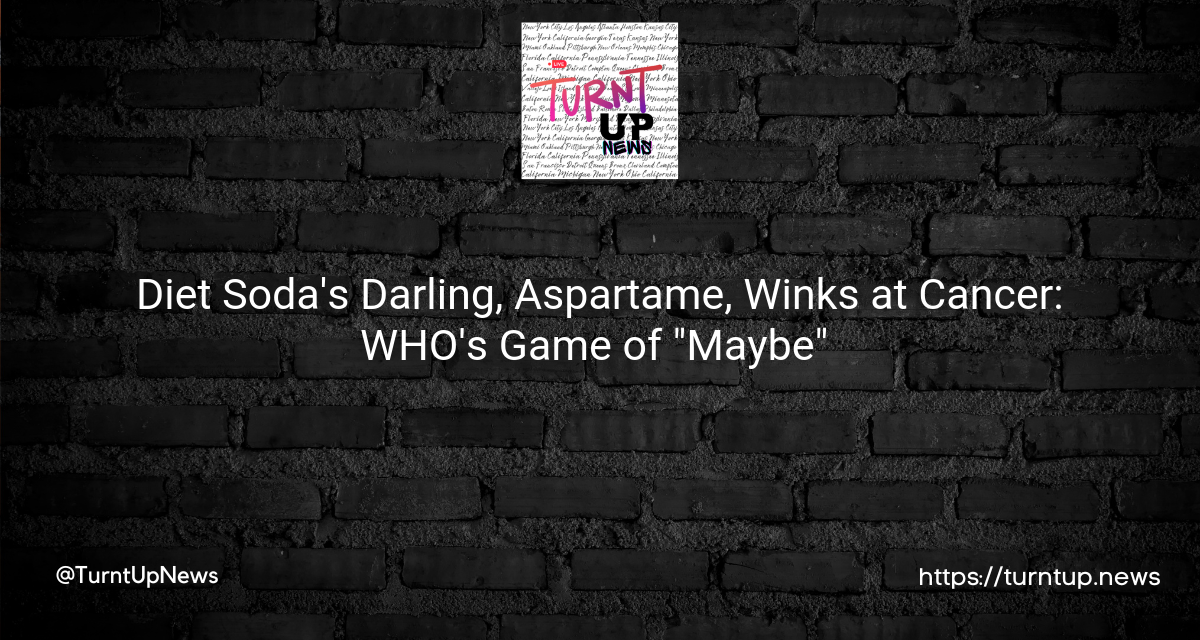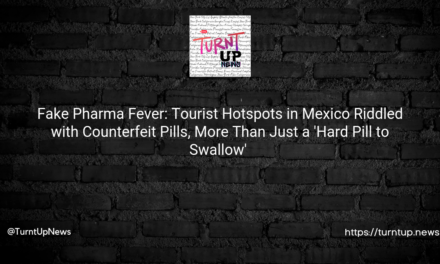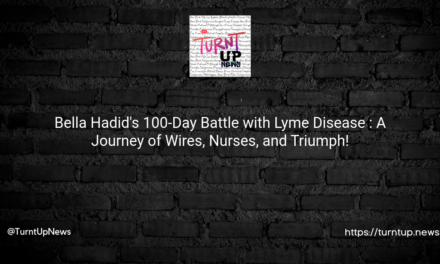🥤🍬 Diet Soda’s Darling, Aspartame, Winks at Cancer: WHO’s Game of “Maybe” 😱💭
TL;DR: The artificial sweetener aspartame, a must-have in diet sodas and weight-loss food, just made it to the World Health Organization’s (WHO) cancer agency’s “possible” cancer culprits list. But here’s the kicker: another group of experts from the WHO thinks the sugar substitute is still safe, in moderation. Your diet soda won’t kill you (probably), but moderation is key, they say. Does this raise a question of how we define ‘moderation’? 🤔
Bustling out of Lyon, France, the WHO’s cancer agency, the International Agency for Research on Cancer (IARC), regularly reviews potential cancer hazards, slotting them anywhere from “possibly” to “probably” carcinogenic. This time around, they’ve welcomed aspartame to the “possible” club, already housing over 300 other prospective health bandits like aloe vera extract, Asian-style pickled vegetables, and carpentry work. Interesting mix, huh? 🤨🎭
Now, get this: they aren’t advising anyone to stop using aspartame. Moderation is the secret sauce, they say. But what does that really mean, especially considering aspartame is about 200 times sweeter than sugar? How much is too much of this ‘sweet’ danger? 🍭⚠️
Aspartame, which got the green light from the U.S. Food and Drug Administration (FDA) in 1974, is everywhere! From diet sodas to desserts, cough drops to weight loss foods, and let’s not forget the tabletop sweeteners marketed as Equal, Sugar Twin, and NutraSweet. Even your diet coke might be blushing! 🍬🌍
A certain Mr. David Spiegelhalter, an emeritus statistics professor at Cambridge University, breaks down the numbers: the average person could safely guzzle up to 14 cans of diet drink a day. Oh boy, that’s a lot of ‘moderation’! 🤯💦
So, what’s the beef between these two WHO groups? The IARC’s expert group, based on their study of aspartame’s potential link to liver cancer, labels it “possibly carcinogenic.” Meanwhile, the other experts, also assembled by WHO, give aspartame a clean chit, stating there’s “no convincing evidence” of danger at current consumption levels. But then, this begs the question: who do we listen to? 🧐🔍
Only a few weeks ago, WHO dropped a bomb saying non-sugar sweeteners could lead to an increased risk of diabetes, heart disease, and early death in adults. Now that’s an interesting plot twist!
Not to forget, everything can be a poison, if you’re having too much of it. Yes, even water and vitamin A. So, unless you’re planning to swallow an ocean of aspartame-infused diet drinks, there’s probably no need to panic. Or is there? 🧪💉
While the WHO’s nutrition director suggests that “high consumers” might want to cut back on aspartame, the Food and Beverage industry is still riding high on the artificial sweetener. Is the industry turning a blind eye or are we overreacting? 🏭👁️
Interestingly, IARC’s previous shockers include branding processed meat like hot dogs and bacon as cancer-causing. Yet, the U.K.’s biggest cancer charity assured Britons that an occasional bacon sandwich wouldn’t really hurt. 😅🥓
So, now what? Should you toss out all your diet sodas and sugar substitutes? Should we reevaluate our definition of ‘moderation’? Or maybe it’s time we question the over-dependence on artificial sweeteners? As the diet soda bubbles fizz out, what’s the “sweet” truth we’re missing? 🤔🥤





